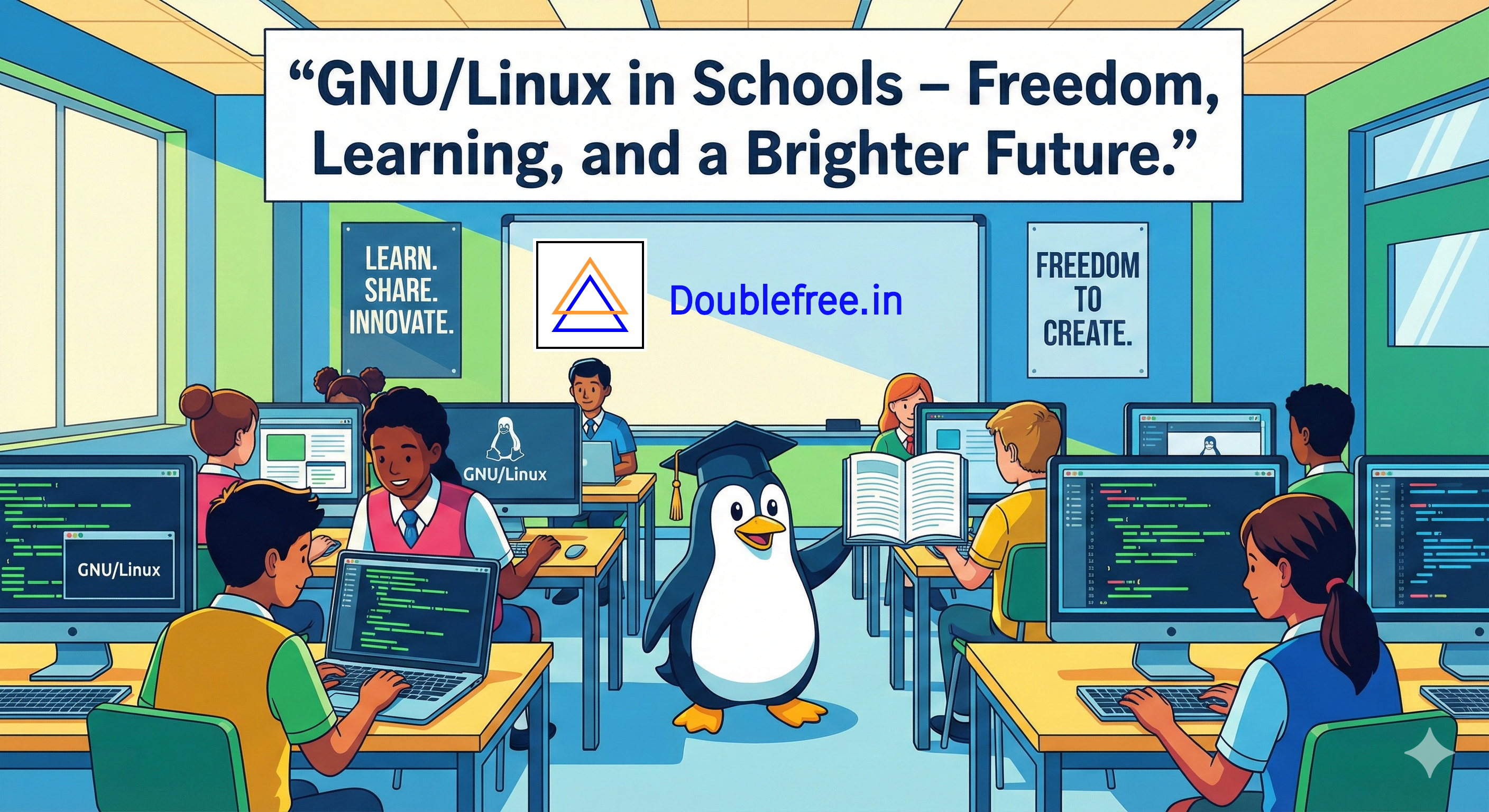Why Schools Should Teach GNU/Linux - Not Proprietary OSes
In today’s AI-hungry, “freebie” world, we’ve learned to measure software only by how comfortable it feels, not by how free it makes us. The irony? We’ve traded actual freedom for a frictionless login screen and a pretty wallpaper.
When schools introduce children to technology through proprietary operating systems, they’re not just teaching “how to use a computer.” They’re silently setting the rules:
You don’t control the machine - the vendor does.
Your files, your choices, and sometimes your very access are conditional on terms you didn’t write.
Convenience > autonomy.
Many big tech companies now offer hardware and software to schools for free of charge — gratis, not libre. To budget-strapped institutions, this looks like a win: no license costs, no capital expenditure. But there’s a long game here. Students spend years on these machines, learning within these ecosystems, building habits around these tools. By the time they graduate and move into their careers, their “obvious” choice will be the same proprietary stack they were trained on in school. Vendor lock-in doesn’t always start in the office — it often starts in the classroom.
It’s not about “user-friendly” vs “complicated.” Freedom is not always comfortable. It is messy, requires responsibility, and asks you to understand the thing you’re using. But it is also what prevents the tools of learning from becoming tools of control.
GNU/Linux is not perfect, but it is one of the few spaces where you can read the code, change it, share it, and keep it forever — without asking permission. And that’s exactly why it belongs in the classroom.
It doesn’t have to be a glassy UI with animated icons. Start with the black screen, the CLI, the raw commands. Show kids what ls does, what a file system looks like, how to write a simple script. Teach them that computers are not magic boxes; they are logical machines they can shape, break, and fix.
Because in the coming years, the cost of ignoring freedom will not just be an ad in your inbox. It will be AI systems you can’t question, platforms you can’t leave, and “free” tools that own more of you than you own of them.
Better to raise a generation who knows that software is not a service - it’s theirs.
Explore Doublefree’s GNU/Linux Education Program – A comprehensive educational curriculum for introducing high school students to GNU/Linux operating system and its philosophy.
